5 Lemon Juice Swaps That Add Tangy Brightness
Lemon juice adds a bright, tangy acidity that enhances everything from dressings to baked goods.
When fresh lemons aren’t available, alternatives like lime juice, vinegar, or citric acid can replicate that essential tartness.
Each substitute offers subtle flavor differences, so understanding your recipe’s needs helps in choosing the best fit.
Lime juice provides a similar citrus punch, while vinegar adds acidity but may alter the flavor profile slightly.
Citric acid works well for maintaining acidity without added liquid.
Knowing how lemon juice functions in your dish - whether for flavor or chemical reaction - guides your substitution choices.
This overview will help you brighten your dishes even without lemons on hand.
When to Substitute Lemon Juice
Lemon juice brings a bright, tangy kick to recipes, but there are times when you might need a swap because of taste, allergies, or just running out:
Fresh and Tangy Lemon Juice Substitutes
Bright, tangy notes remain in recipes with lemon juice alternatives, and some even introduce a new layer of flavor. Citrus cousins and creative pantry swaps can surprise in the best way. Many options are ready to refresh your cooking.
Lemon Extract
Lemon extract delivers powerful flavor in a concentrated form, making it an essential ingredient for anyone who loves baking with citrus notes.
Just half a teaspoon of this potent liquid can replace a full tablespoon of lemon juice in your favorite desserts and baked goods.
Small bottles last for months since recipes typically call for such tiny amounts, saving you money in the long run.
When substituting extract for juice, remember to add extra liquid to your recipe since the extract doesn't provide the same moisture content.
The bright, authentic taste works perfectly in cookies, cakes, and frostings where you want lemon flavor without additional acidity or liquid.
Lime Juice
Lemon juice can be easily swapped with lime juice in most recipes due to their similar citrus family connection.
This convenient alternative offers comparable flavor and is just as affordable, making it available at any grocery store near you.
Lime juice truly shines in canning procedures where its matching pH level effectively preserves food for extended periods.
While the substitution works at a 1:1 ratio in most dishes, the distinct lime flavor might be noticeable in lemon-focused recipes such as lemon cake.
The good news is that both provide that delicious tangy, citrusy kick, so your dish will still taste amazing regardless of which juice you choose.
Vinegar
Vinegar serves as the perfect stand-in for lemon juice when recipes call for just a splash, making it a top choice for home cooks in a pinch.
The tangy acidity mimics lemon's sourness effectively in most dishes, and chances are you already have some sitting in your kitchen cabinet.
While vinegar works beautifully in small amounts, its stronger flavor profile means it can overpower dishes if you're not careful with measurements.
The substitution falls short in recipes where lemon provides the main flavor component, so save it for dishes where citrus plays a supporting role.
Despite these limitations, vinegar handles both cooking and baking tasks admirably when lemon juice isn't available.
Orange Juice
Substituting orange juice for lemon juice is a fantastic option when your kitchen runs low on lemons.
These citrus relatives share tangy flavors and health benefits, though orange juice brings more sweetness and less acidity to recipes.
Many dishes like desserts, salad dressings, and refreshing drinks work perfectly with this swap at a simple 1:1 ratio.
The milder orange flavor particularly shines in recipes where you just need that hint of citrus without overwhelming tartness.
Experimenting with this substitution might lead to discovering new flavor combinations you actually prefer over the original ingredients.
Cream Of Tartar
Cream of tartar stands out as a remarkable lemon juice substitute in many baking recipes due to its similar acidic properties.
Just half a teaspoon can effectively replace a full teaspoon of lemon juice, making it perfect for cookies, cakes, and other sweet treats.
The powder was originally used to stabilize egg whites but has since proven valuable in numerous culinary applications beyond just baking.
When using this substitute, remember to add extra liquid to your recipe since cream of tartar comes in powder form rather than liquid.
For best results, mix it thoroughly with your other dry ingredients before combining with wet components to ensure even distribution throughout your batter or dough.
Tips for Balancing Color and Aroma with Lemon Juice Substitutes
Finding the right swap for lemon juice means you’ll want to keep your food looking fresh and smelling inviting, so it’s smart to pick alternatives that give a similar boost in both color and scent:
Use Other Citrus Juices
Orange juice and lime juice help keep dishes bright and lively. They prevent browning in fruits and add a familiar, zesty aroma that closely resembles lemon’s fresh scent.
Add Vinegar Carefully
Apple cider vinegar or white wine vinegar can provide acidity quickly, but they have a stronger smell and different flavor. Use sparingly and balance with a pinch of sugar or fruit zest to round out the aroma.
Mix In Zest
Adding a small amount of finely grated orange or lime zest enhances the fresh citrus scent and adds bright visual flecks, helping mimic the aroma and appearance of lemon zest.
Try Clear Vinegar For Color
For recipes where maintaining a clear color is important, such as syrups or light dressings, use white vinegar or rice vinegar since they won’t darken the dish and have a mild fragrance.
Offset With Herbs
Fresh herbs like mint, basil, or parsley can boost both color and aroma, helping lift the overall presentation and fresh scent if your substitute lacks brightness.
Taste As You Go
Because substitutes can alter flavor and scent, add them gradually and taste frequently to ensure your dish stays balanced and appealing throughout preparation.
Lemon Juice Substitutes: Popular Questions
1. Can I use vinegar instead of lemon juice in baking?
Yes, white vinegar or apple cider vinegar works well, especially in recipes where lemon juice is used for its acidity rather than flavor.
2. What’s the best lemon juice substitute in salad dressings?
Lime juice or white wine vinegar are great choices. You can also try a splash of balsamic vinegar for a slightly sweeter profile.
3. Can orange juice replace lemon juice in marinades?
Yes, but keep in mind orange juice is much sweeter. Pair it with a splash of vinegar to add tang if needed.
4. Is citric acid a good substitute for lemon juice?
Yes, a small amount of citric acid dissolved in water can mimic lemon juice’s acidity, especially in canning or preserving recipes.
5. What’s a good non-citrus lemon juice alternative?
White vinegar or apple cider vinegar can provide acidity without a citrus flavor, useful in savory or dairy-based dishes.
6. Can bottled lemon juice be used instead of fresh?
Yes, but bottled lemon juice is more concentrated and may have a slightly different flavor. Adjust the quantity to taste.
7. Will lemon extract work in place of lemon juice?
Only in small amounts and for flavor only, not acidity. Use 1/2 teaspoon of lemon extract with added liquid if acidity is needed.


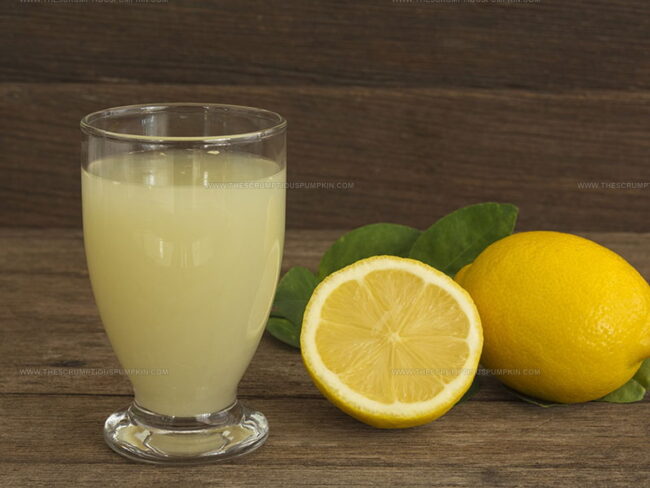
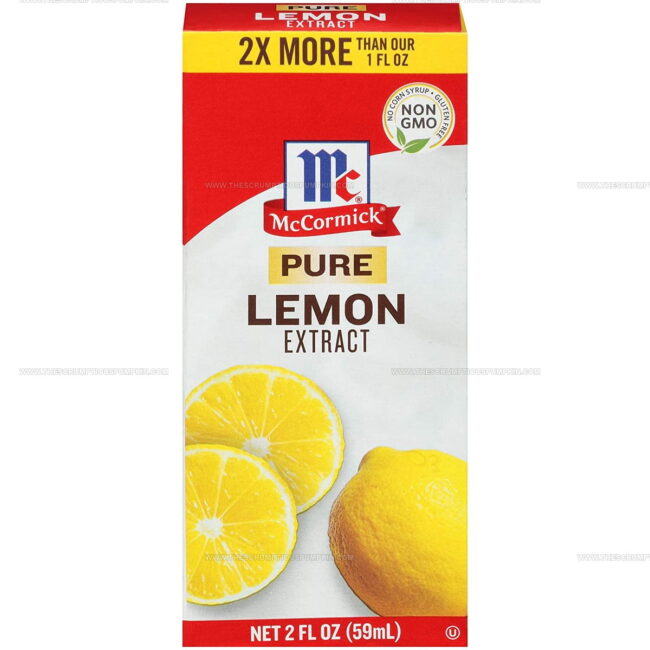
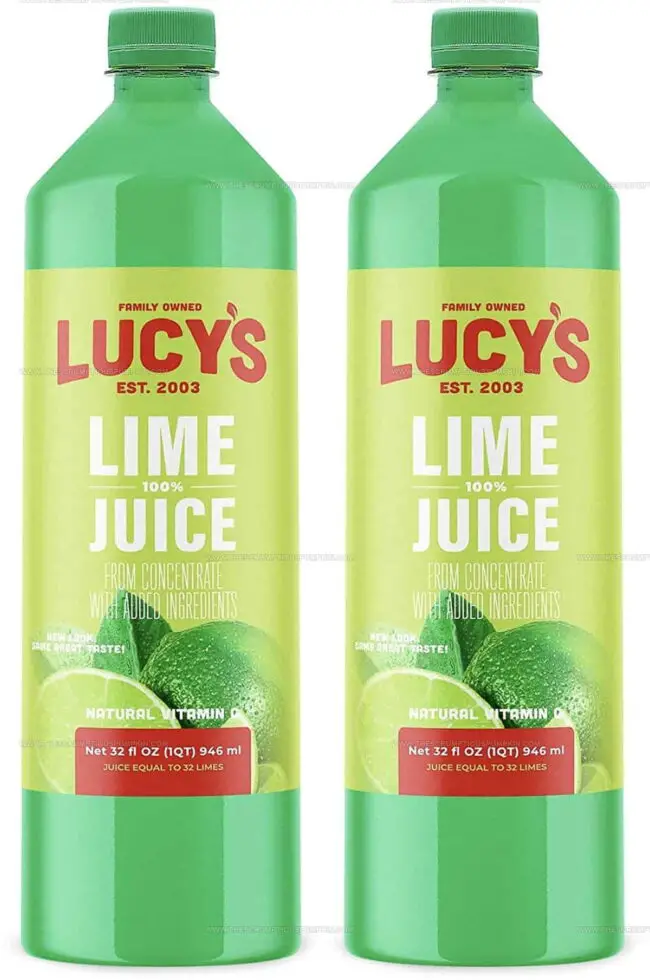
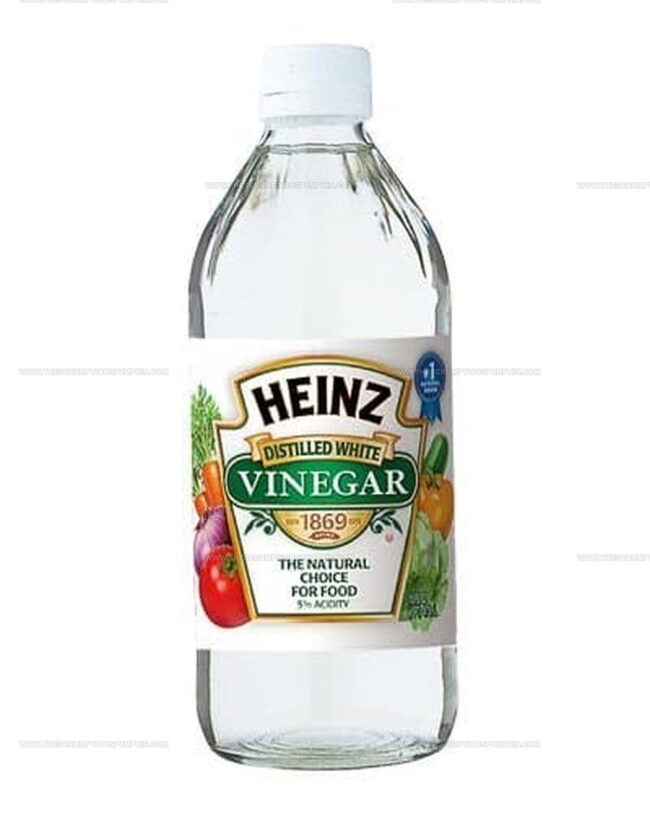
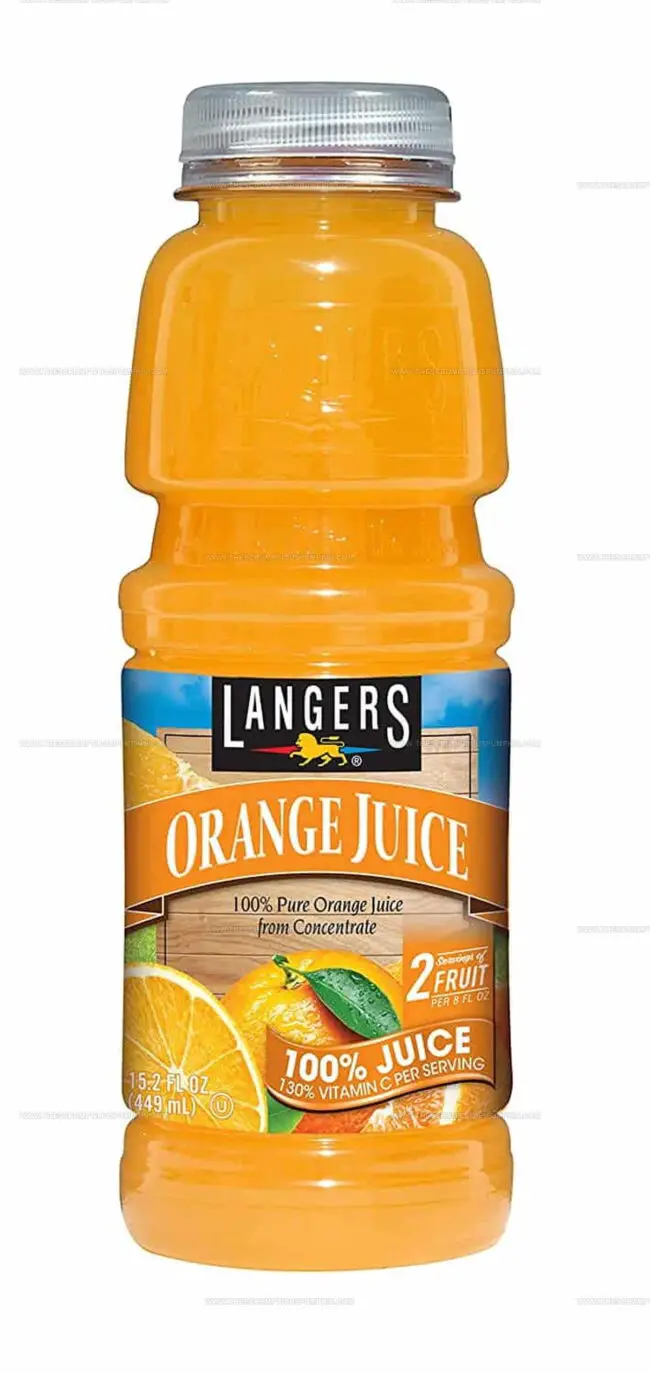
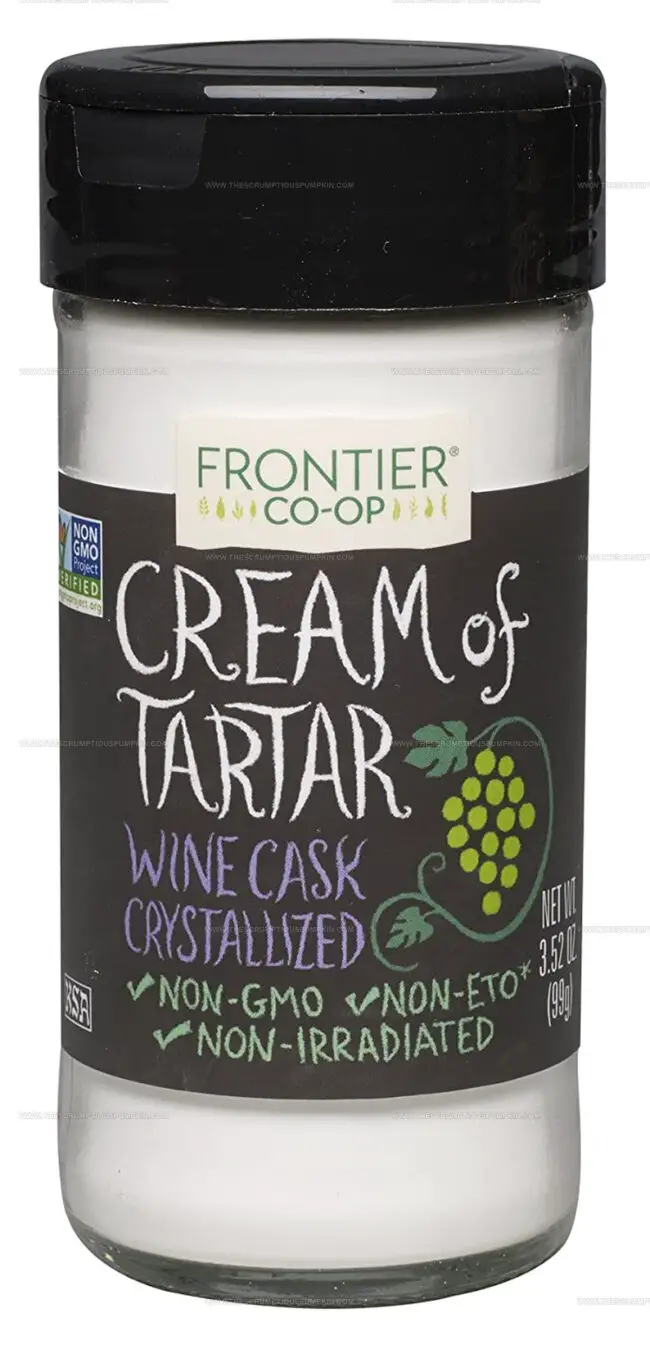
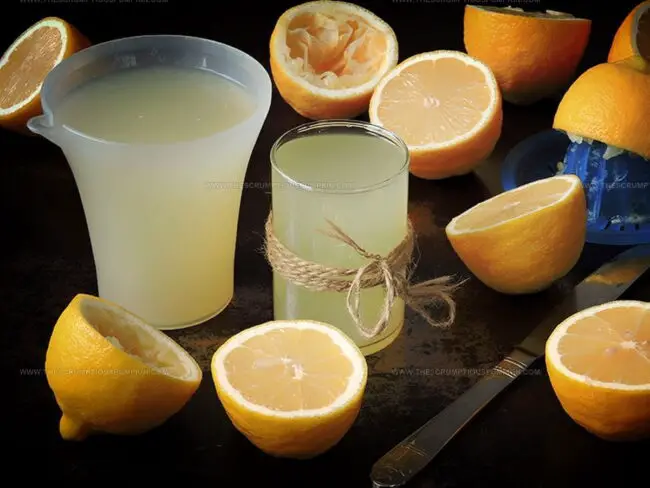
Lucas Bennett
Founder & Recipe Developer
Expertise
Education
Blue Ridge Community College – Certificate in Culinary Arts
Focused on seasonal cooking, sustainable kitchen practices, and farm-to-table techniques.
Appalachian State University – B.A. in English
Built critical thinking and analysis through diverse texts. Guided by faculty, it prepares graduates for publishing and more.
Growing up in the rolling hills of North Carolina, Lucas learned early that some of life’s best memories start around a kitchen table. After studying English at Appalachian State University and honing his culinary skills at Blue Ridge Community College, he dreamed of blending storytelling with rustic, seasonal cooking, and The Scrumptious Pumpkin was born.
Lucas focuses on easy, single-serving recipes that turn fresh, local ingredients into something special. His style is simple, heartfelt, and rooted in the beauty of the seasons. When he’s not testing a new dish, you’ll probably find him hiking in the Blue Ridge Mountains, browsing farmers’ markets, or scribbling food stories in a notebook.